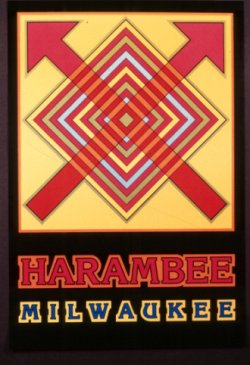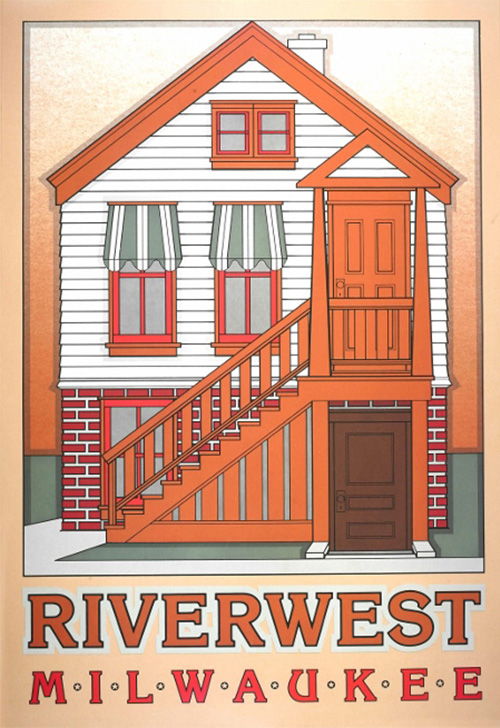A Community Organizing Credit Union
My friend Alex is starting a credit union in his neighborhood. (Yes, it is actually possible to open your own financial institution, although it is not easy.) The goal is to create a banking option for people who live, work, worship or belong to co-ops in the Riverwest and Harambee neighborhoods of Milwaukee—some of my city's most diverse areas.
Their website explains: “As a community organizing credit union, we will work to create economic democracy: the idea that workers and communities that create wealth should decide how that wealth is used.” I know it's a little hippie, but I love it.
Of all the local organizations and movements that I find myself drawn to, this one has captivated my attention and led me to volunteer my support more than any other. Here’s why:
1. It puts real control into the hands of the neighborhood.
Food pantries and homeless shelters that I’ve worked with in the past play an important role in my city, but they are also not always the most forward-looking, or the most locally-oriented. Many are simply sustaining a status quo (i.e. There are hungry people, so we feed them, and there will probably always be hungry people, so we will continue feeding them). Many also rely on federal funding from departments like HUD or the USDA, in addition to large grants from foundations. This is something completely different: it says, Traditional financial institutions are preying on low-income people and not set up to serve their needs. Let’s cut those banks out of the equation altogether and manage our own money. I’ve never encountered anything like it. It fights an institution by creating a viable alternative, not just complaining about how that institution has harmed people or is corrupt or any number of the other arguments you hear against the “big banks.”
2. It’s created by neighbors and for neighbors.
This is local on a block-by-block level. The neighborhoods that are part of the credit union’s target demographic represent a very small slice of my city: Riverwest is about 7 blocks wide and 21 blocks from north to south. Harambee is about 11 blocks wide and 12 blocks from north to south. All of the efforts of the credit union are run by neighborhood residents. They’ve done a ton of outreach and surveys to contact every household that could be served by their organization and find out what they want out if it.
3. It’s all built around community needs and will adapt to those going forward.
It starts small. In the beginning, the credit union will mainly offer savings and loans. Later, they may move to checking, debit cards, etc. depending on what their customers want and what the credit union can offer in its present capacity. The frustrating thing is that it’s very hard to start small. Banking systems are set up for big players, so the processes the Riverwest & Harambee Credit Union must go through in order to secure a charter, a routing number and other necessary permissions is complex and lengthy. Though the barriers are high for small credit unions—as they often are for small-scale developers—persistence, research and hard work on the part of the organizers will make it happen.
4. The credit union aims to offer financial services to people who wouldn’t normally be able to use a bank or are deterred from traditional banking.
Like homes, healthcare and jobs, somewhere to store your money is a fairly universal need, but it's not always available to everyone. The credit union will provide an alternative to the check cashing businesses that residents might typically turn to and help them avoid the fees they might incur at a bank.
The credit union organizing committee has been hard at work for a couple of years already and still has quite a road ahead of them. I’ve volunteered to help in anyway that I can. So far that has entailed editing a fundraising video for them (see above), reviewing their survey, donating money and inviting others to donate money.
This is the type of neighborhood activism that strong towns need. I’m not saying every neighborhood should have its own credit union. But every neighborhood would benefit from passionate people who see a problem and work to collaboratively, incrementally build a solution by listening to the needs of neighbors.






In this week’s episode of the Strong Towns Podcast, Chuck Marohn talks about the financial system, and provides insights on what’s currently happening in the banking industry.